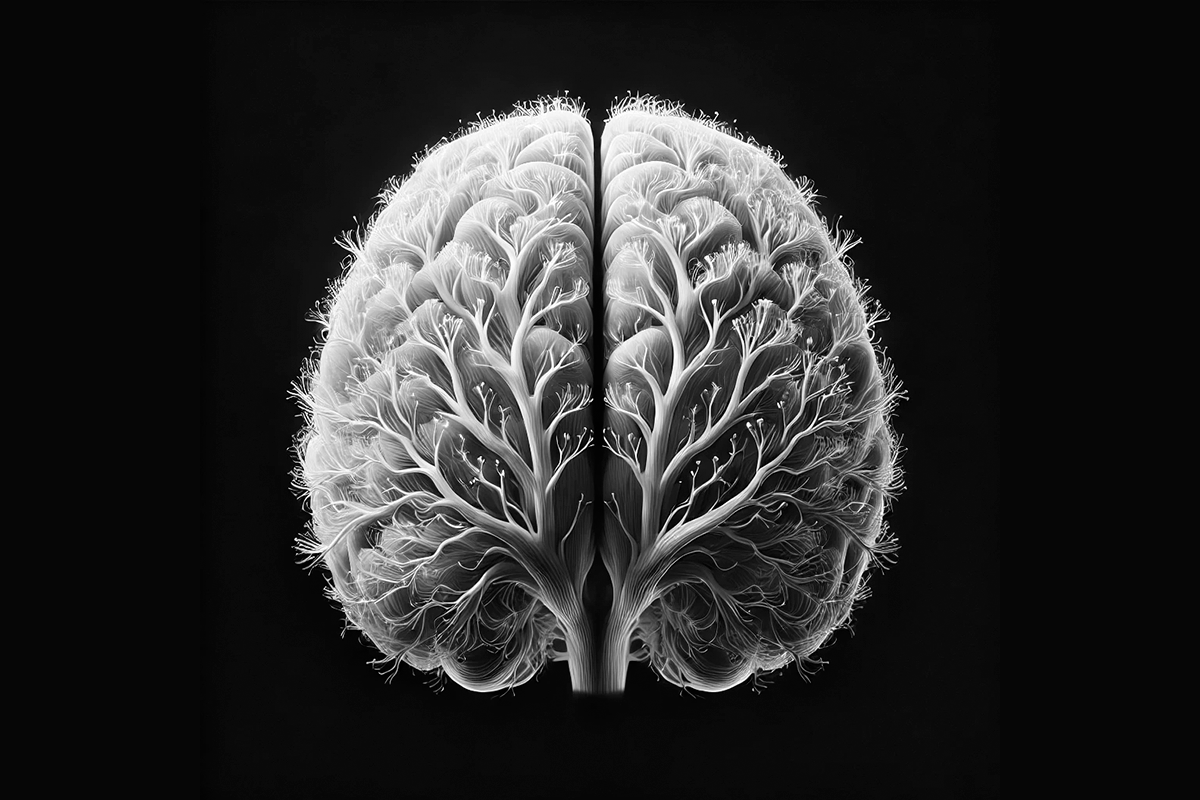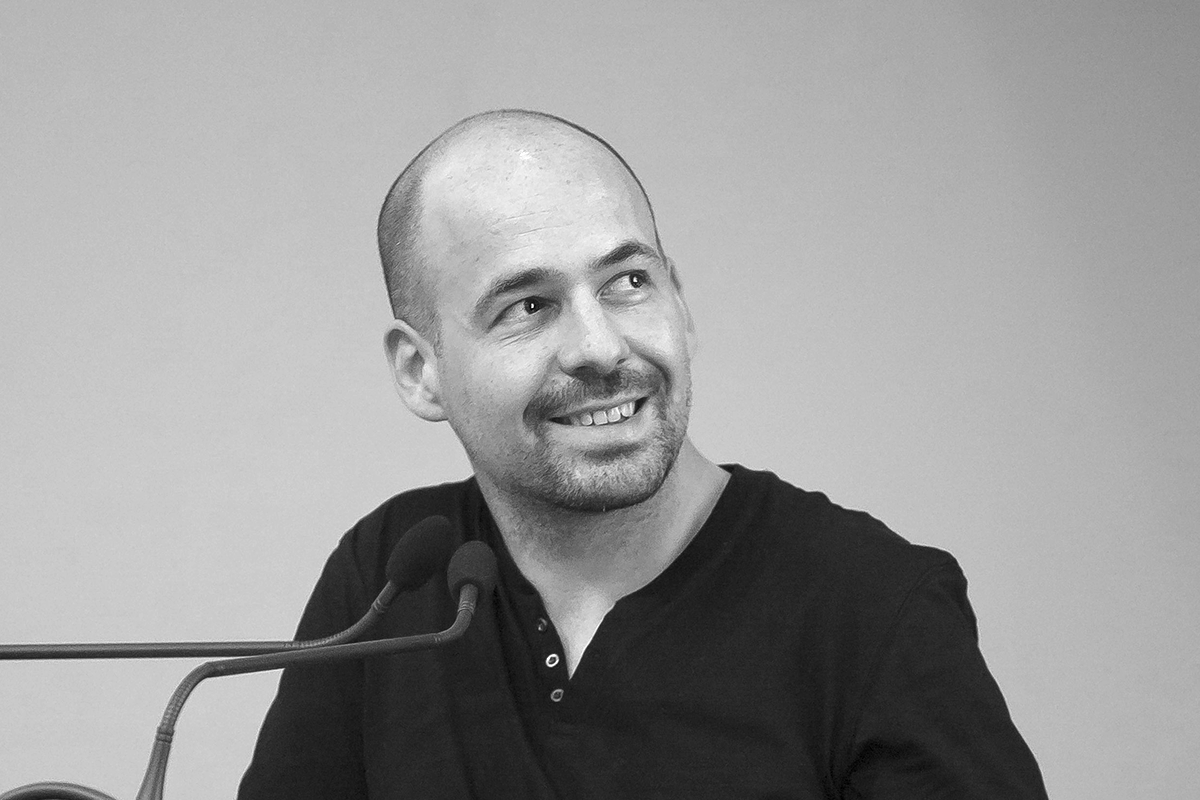In this study, researchers wanted to investigate the causal association between white matter hyperintensity (WMH) burden, clinical stroke, blood pressure (BP), and dementia risk, while accounting for potential epidemiologic biases.
Design
This study first examined the association of genetically determined WMH burden, stroke, and BP levels with Alzheimer disease (AD) in a 2-sample mendelian randomization (2SMR) framework. Second, using population-based studies (1979-2018) with prospective dementia surveillance, the genetic association of WMH, stroke, and BP with incident all-cause dementia was examined. Data analysis was performed from July 26, 2020, through July 24, 2022.
Measures
The association of genetic instruments for WMH, stroke, and BP with dementia was studied using GWASs of AD (defined clinically and additionally meta-analyzed including both clinically diagnosed AD and AD defined based on parental history [AD-meta]) for 2SMR and incident all-cause dementia for longitudinal analyses.
Results
These findings suggest that WMH is a primary vascular factor associated with dementia risk, emphasizing its significance in preventive strategies for dementia. Future studies are warranted to examine whether this finding can be generalized to non-European populations.
Scientific publication
Sargurupremraj M, Soumaré A, Bis JC, et al. Genetic Complexities of Cerebral Small Vessel Disease, Blood Pressure, and Dementia. JAMA Netw Open. 2024;7(5):e2412824. doi:10.1001/jamanetworkopen.2024.12824


